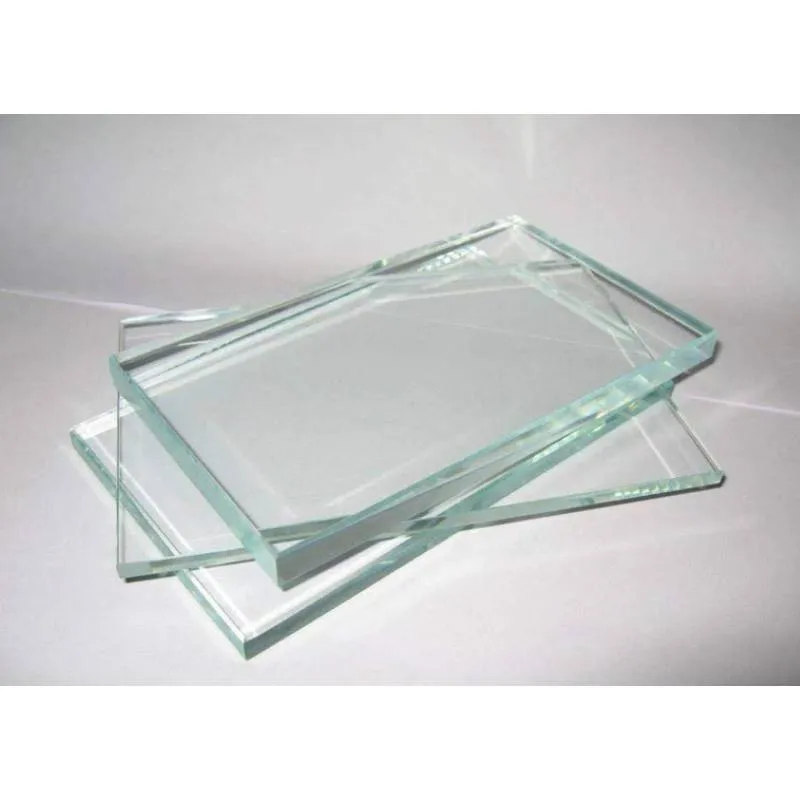Exploring Float Glass Understanding its Applications and Benefits
Float glass, an essential material in modern architecture and design, has revolutionized the way we interact with light, space, and the external environment. This remarkable glass is produced through a unique manufacturing process that involves floating molten glass on top of molten tin, resulting in a smooth, flat surface. Understanding the intricacies of float glass, its applications, and its benefits can give insights into why it has become a preferred choice in various industries.
The float glass process involves several key steps. First, raw materials such as sand, soda ash, and limestone are melted in a furnace at high temperatures. The molten glass is then poured onto a bed of molten tin, where it spreads out and floats to form a uniform thickness. The glass is pulled through a cooling lehr, ensuring its stability and clarity. Finally, the cooled sheets are cut to size, packaged, and shipped for use. This meticulous process guarantees high-quality glass with excellent optical properties, smoothness, and uniform thickness.
Exploring Float Glass Understanding its Applications and Benefits
In residential settings, float glass is commonly used in windows and doors. Its transparency enables homeowners to enjoy unobstructed views of their surroundings while letting in ample light. Moreover, advanced glazing technologies allow for the incorporation of float glass in double or triple-pane windows, providing greater thermal insulation and soundproofing. This is especially beneficial in urban environments where noise pollution can be a significant issue.
float glass examples
Another important application of float glass is in the automotive industry. Car manufacturers use tempered or laminated float glass to ensure safety and durability. Float glass provides excellent visibility, which is crucial for safe driving. Additionally, many vehicles now feature large windshield panels and side windows made from float glass, which are designed to withstand impact and environmental stressors. These innovations not only enhance the safety of vehicles but also contribute to the overall aesthetic design of modern cars.
Moreover, float glass is widely utilized in the production of various consumer products, including mirrors, shower doors, and furniture. Mirrors made from float glass offer a clear and distortion-free reflection, making them ideal for homes, retail spaces, and beauty salons. Float glass's versatility allows it to be cut, shaped, and treated to fit different design needs, resulting in unique and stylish products.
In addition to its diverse applications, float glass also possesses several benefits that contribute to its popularity. One of the most significant advantages is its sustainability. Float glass can be recycled indefinitely without loss of quality, making it an environmentally friendly choice in a world increasingly focused on sustainable materials. The glass recycling process reduces energy consumption and decreases the demand for raw materials, contributing to a circular economy.
Furthermore, float glass is generally easy to maintain. Its smooth surface resists dirt and grime buildup, and a simple cleaning routine can keep it looking pristine. This durability and low maintenance make it an ideal choice for high-traffic areas and public spaces.
In conclusion, float glass is a remarkable material that has transformed various industries through its unique properties and applications. From enhancing the aesthetic appeal of buildings to ensuring the safety and comfort of vehicles, float glass demonstrates versatility and functionality. Its environmentally friendly characteristics and ease of maintenance further solidify its status as a vital material in contemporary design and architecture. As technology progresses and new treatments are developed, the potential of float glass continues to expand, paving the way for innovative applications in the future. Whether in construction, automotive, or consumer products, float glass remains a steadfast choice, proving that transparency and strength can coexist beautifully.
 Afrikaans
Afrikaans  Albanian
Albanian  Amharic
Amharic  Arabic
Arabic  Armenian
Armenian  Azerbaijani
Azerbaijani  Basque
Basque  Belarusian
Belarusian  Bengali
Bengali  Bosnian
Bosnian  Bulgarian
Bulgarian  Catalan
Catalan  Cebuano
Cebuano  Corsican
Corsican  Croatian
Croatian  Czech
Czech  Danish
Danish  Dutch
Dutch  English
English  Esperanto
Esperanto  Estonian
Estonian  Finnish
Finnish  French
French  Frisian
Frisian  Galician
Galician  Georgian
Georgian  German
German  Greek
Greek  Gujarati
Gujarati  Haitian Creole
Haitian Creole  hausa
hausa  hawaiian
hawaiian  Hebrew
Hebrew  Hindi
Hindi  Miao
Miao  Hungarian
Hungarian  Icelandic
Icelandic  igbo
igbo  Indonesian
Indonesian  irish
irish  Italian
Italian  Japanese
Japanese  Javanese
Javanese  Kannada
Kannada  kazakh
kazakh  Khmer
Khmer  Rwandese
Rwandese  Korean
Korean  Kurdish
Kurdish  Kyrgyz
Kyrgyz  Lao
Lao  Latin
Latin  Latvian
Latvian  Lithuanian
Lithuanian  Luxembourgish
Luxembourgish  Macedonian
Macedonian  Malgashi
Malgashi  Malay
Malay  Malayalam
Malayalam  Maltese
Maltese  Maori
Maori  Marathi
Marathi  Mongolian
Mongolian  Myanmar
Myanmar  Nepali
Nepali  Norwegian
Norwegian  Norwegian
Norwegian  Occitan
Occitan  Pashto
Pashto  Persian
Persian  Polish
Polish  Portuguese
Portuguese  Punjabi
Punjabi  Romanian
Romanian  Russian
Russian  Samoan
Samoan  Scottish Gaelic
Scottish Gaelic  Serbian
Serbian  Sesotho
Sesotho  Shona
Shona  Sindhi
Sindhi  Sinhala
Sinhala  Slovak
Slovak  Slovenian
Slovenian  Somali
Somali  Spanish
Spanish  Sundanese
Sundanese  Swahili
Swahili  Swedish
Swedish  Tagalog
Tagalog  Tajik
Tajik  Tamil
Tamil  Tatar
Tatar  Telugu
Telugu  Thai
Thai  Turkish
Turkish  Turkmen
Turkmen  Ukrainian
Ukrainian  Urdu
Urdu  Uighur
Uighur  Uzbek
Uzbek  Vietnamese
Vietnamese  Welsh
Welsh  Bantu
Bantu  Yiddish
Yiddish  Yoruba
Yoruba  Zulu
Zulu 

